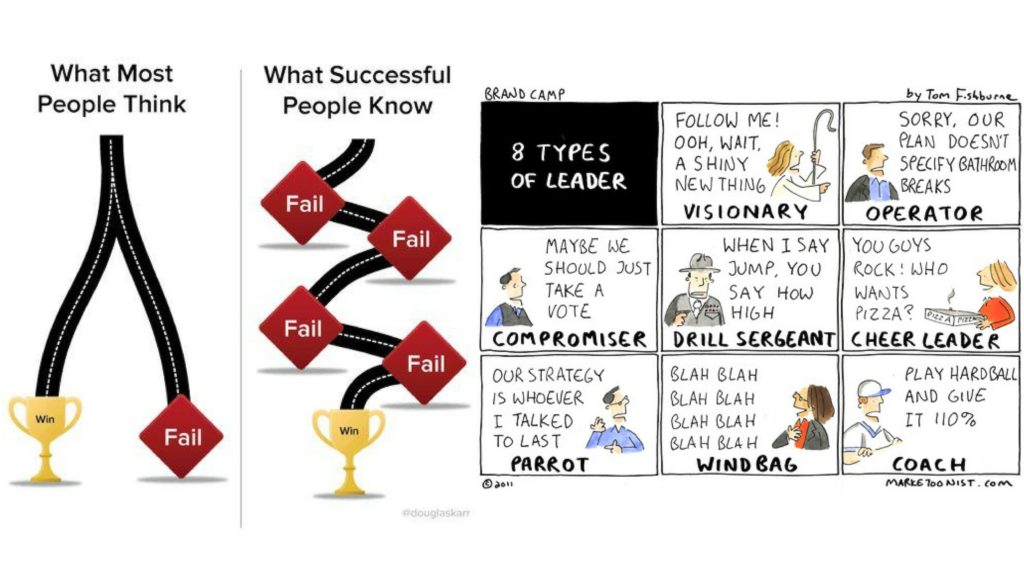What Makes a Good Exam Invigilator?

A good exam invigilator plays a crucial role in maintaining the integrity, fairness, and smoothness of an examination process. Their responsibilities go beyond merely overseeing students during the test; they must create an environment conducive to concentration and ensure that all regulations are upheld. Several key qualities contribute to making an effective invigilator:
- Vigilance: An invigilator must remain alert throughout the entire examination, closely monitoring students to prevent any instances of cheating or misconduct. This begins from the moment the students enter the exam hall. State the rules clearly and reiterate them so there can be no instances of mistakes through lack of awareness. For example, students that have smart watches on or those keeping phones in their pockets.
- Knowledge of Regulations: Familiarity with exam procedures, shown in the materials section of our invigilation course. These regulations are issued by the JCQ and they are updated every year. Even if you have taken the course previously, you will need a refresher the year after. The guidance includes rules regarding materials allowed in the exam room, permitted behaviours, and procedures for handling disruptions or emergencies.
- Communication Skills: Clear communication is vital for giving instructions to students, addressing any concerns or questions they may have, and coordinating with other staff members if necessary. An invigilator should be able to convey information calmly and confidently to maintain order and clarity. For example, the time for each exam especially when there are several finishing times.
- Professionalism: Invigilators should conduct themselves professionally at all times, maintaining a respectful and courteous demeanour towards students and colleagues. This includes dressing appropriately, arriving punctually, and refraining from engaging in any behaviour that may compromise the integrity of the exam. You should read the schools dress code if you are in any doubt about this.
- Adaptability: Flexibility is key for handling unexpected circumstances that may arise during an exam, such as accommodating students with special needs or addressing unforeseen disruptions. A good invigilator can adapt quickly to changing situations while still upholding the integrity of the examination process. Instances of disruption during exams can include students needing to use the bathroom, feeling ill or disrupting others. Be aware of the exam procedures and be sure to report any issues to the lead invigilator, exams officer or centre manager.
In summary, a good exam invigilator combines vigilance, knowledge, communication skills, professionalism, and adaptability to ensure the smooth and fair administration of exams while upholding academic values. If you think you’ve got the skills outlined above and are looking to work as an Exam Invigilator, take our short Invigilator Training Course and reach out to the team at invigilation@opogo.com.








Responses